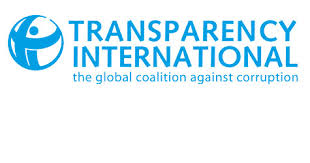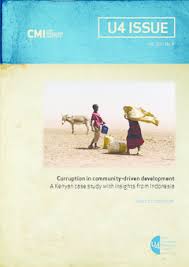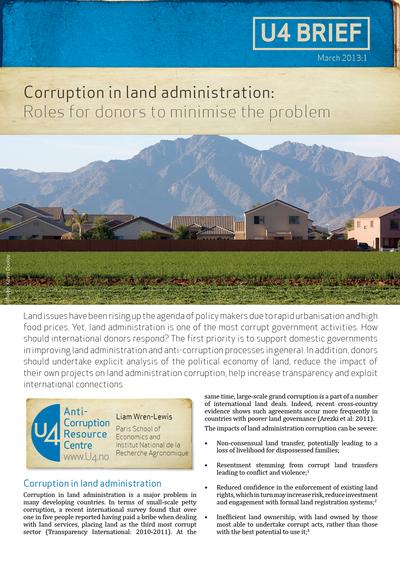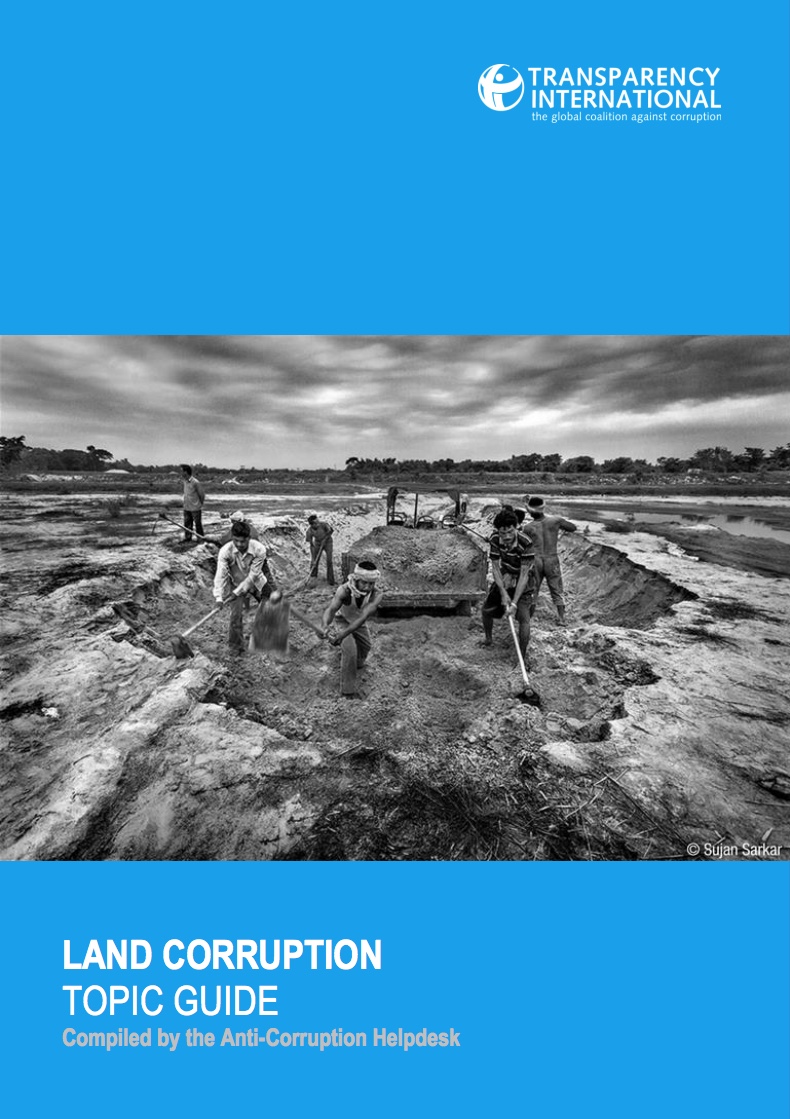Presidential Decree No. 208/17 regulating the principles and norms for the organization and functioning of Local Government Bodies, establishing the respective organizational structures, as well as the operational mechanisms.
This Presidential Decree, consisting of 156 articles divided into seven Chapters and one Annex, regulates the principles and norms for the organization and functioning of Local Government Bodies, establishing the respective organizational structures, as well as their operational mechanisms in the field of Agriculture, Livestock, Fisheries, Environment, Health, Social Security, Gender Equality, Energy and Water resources.





